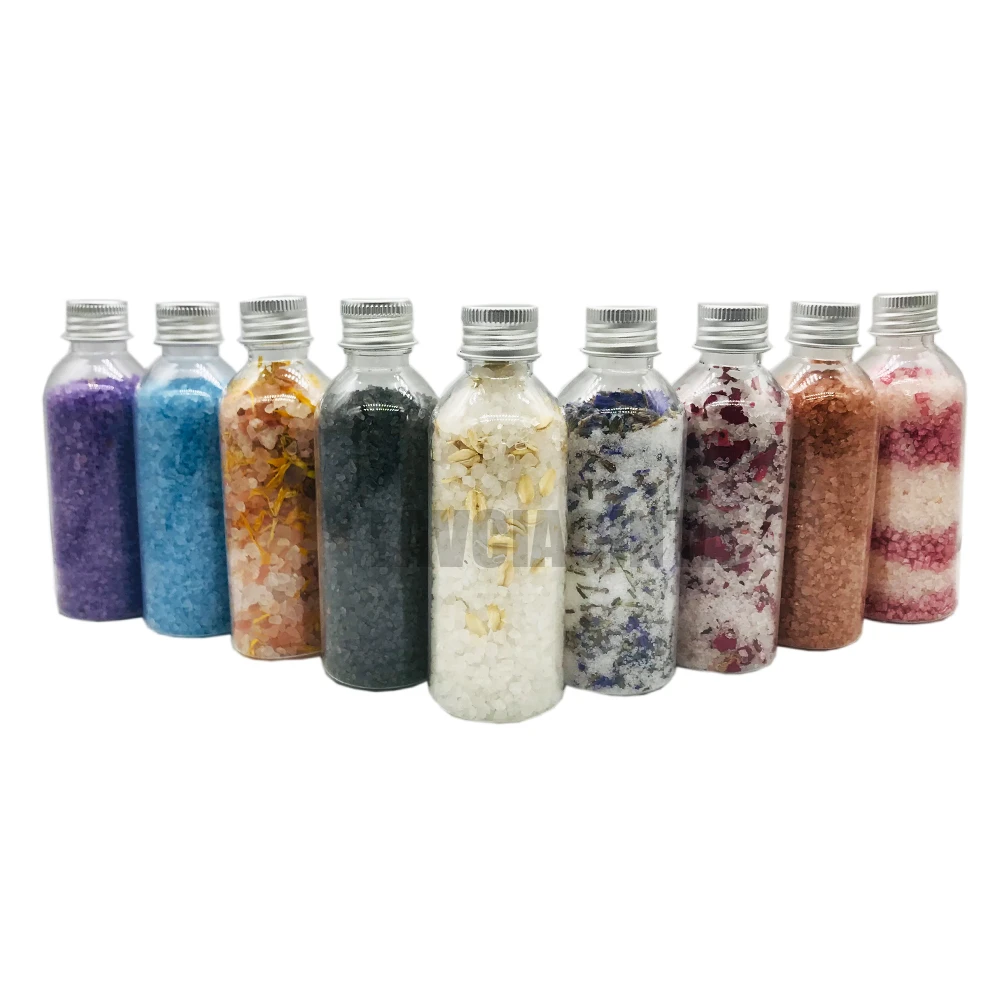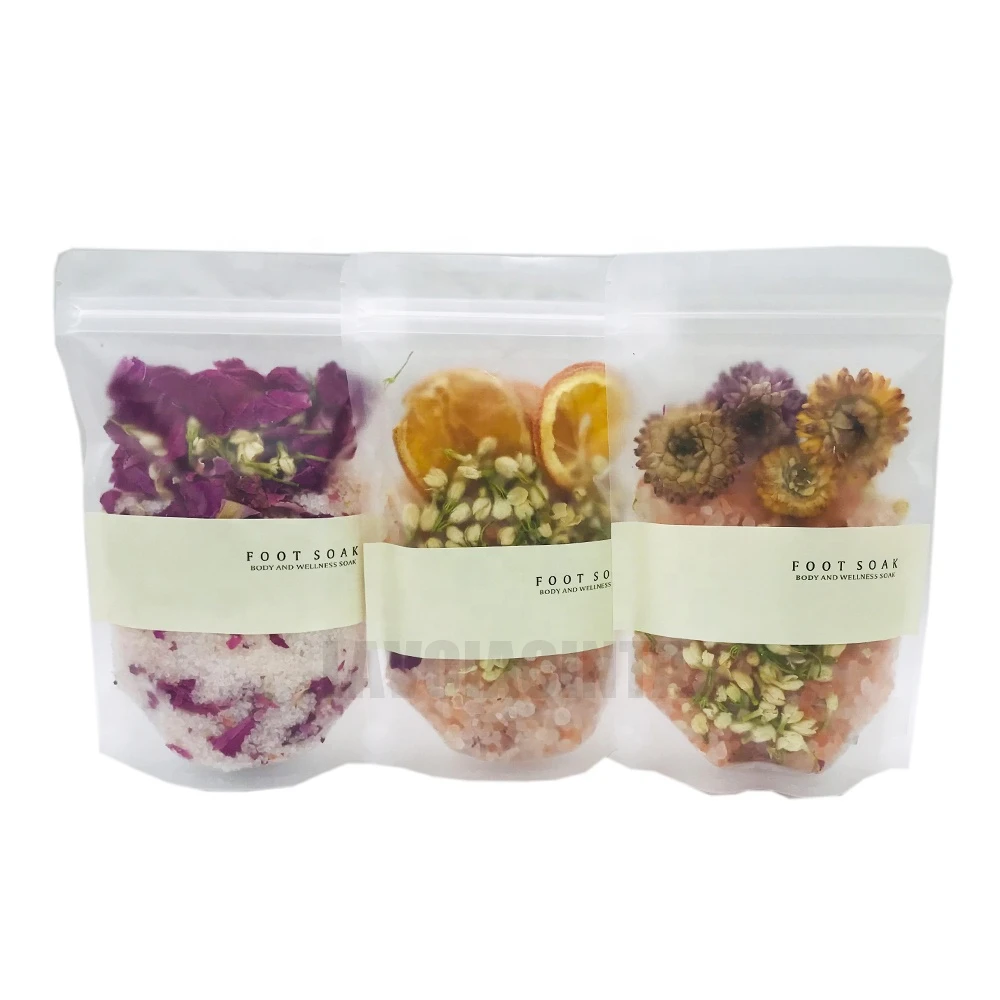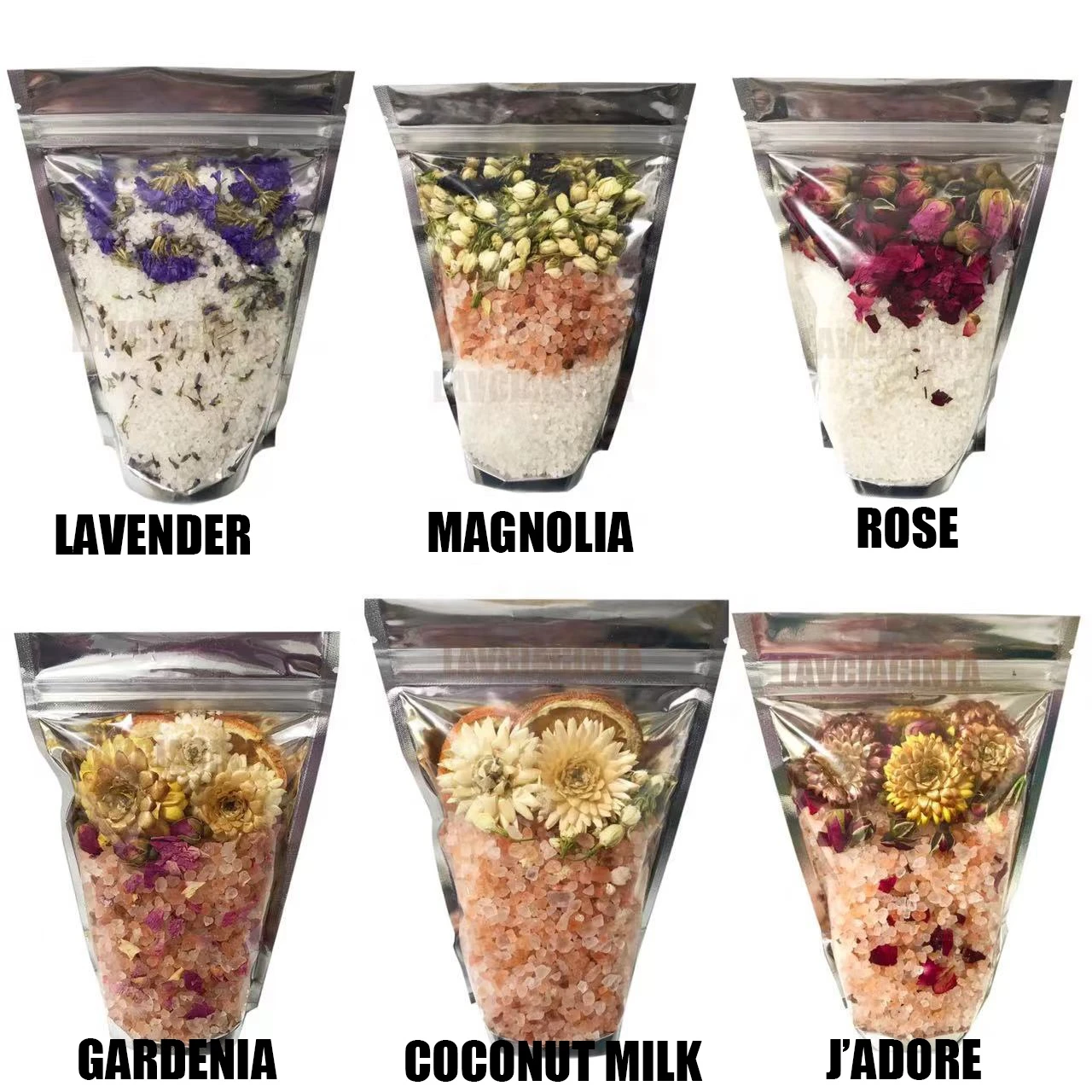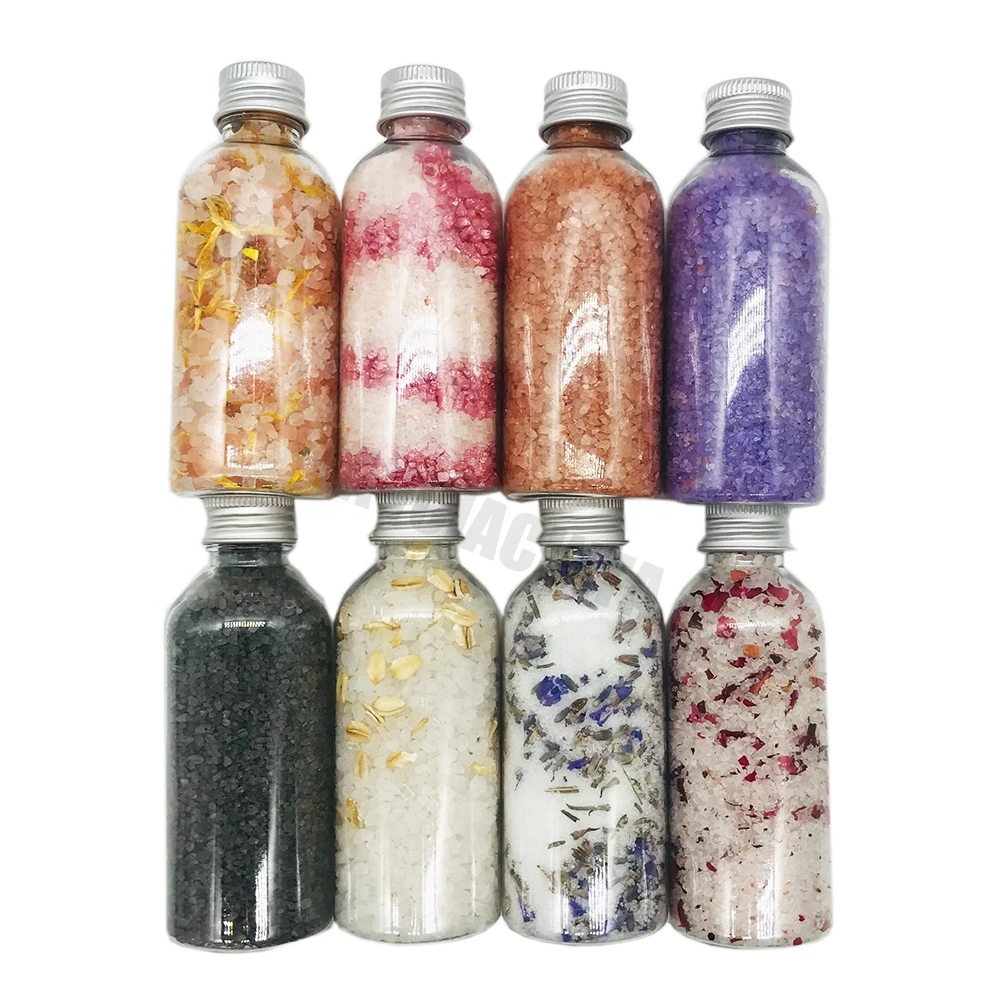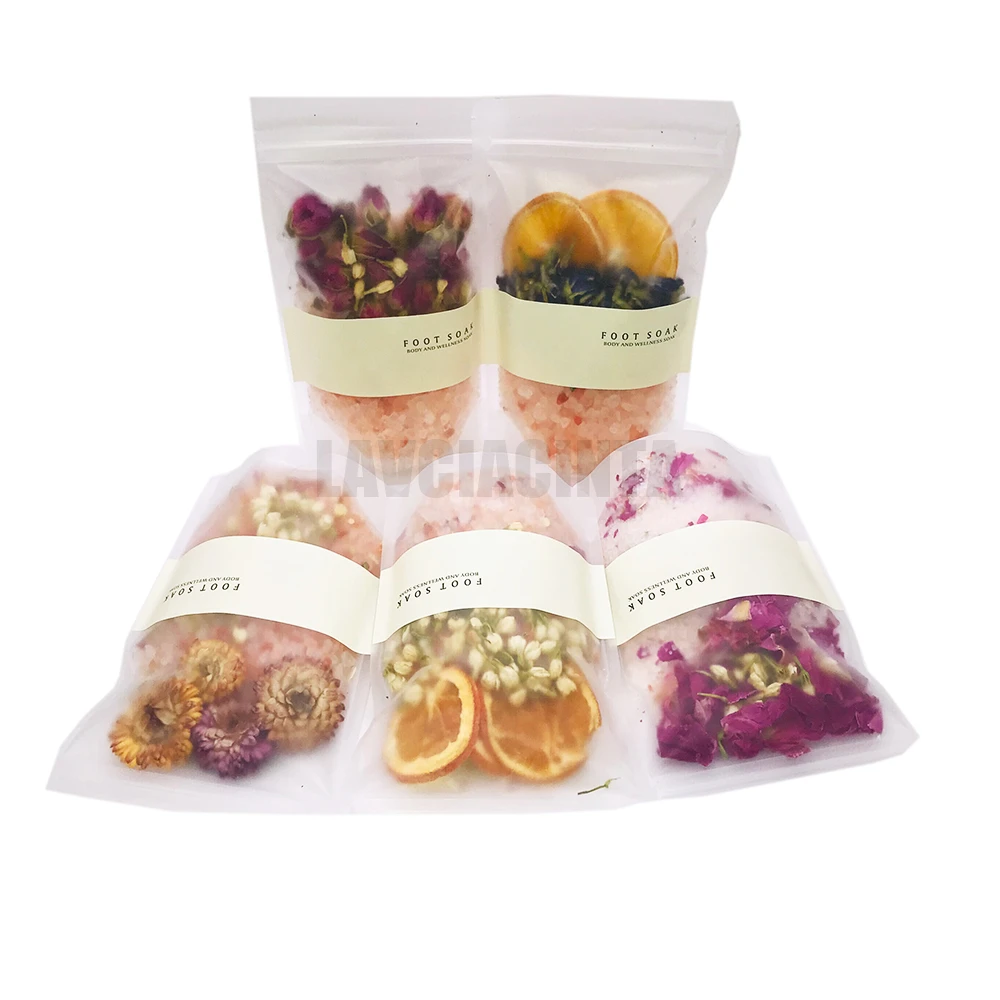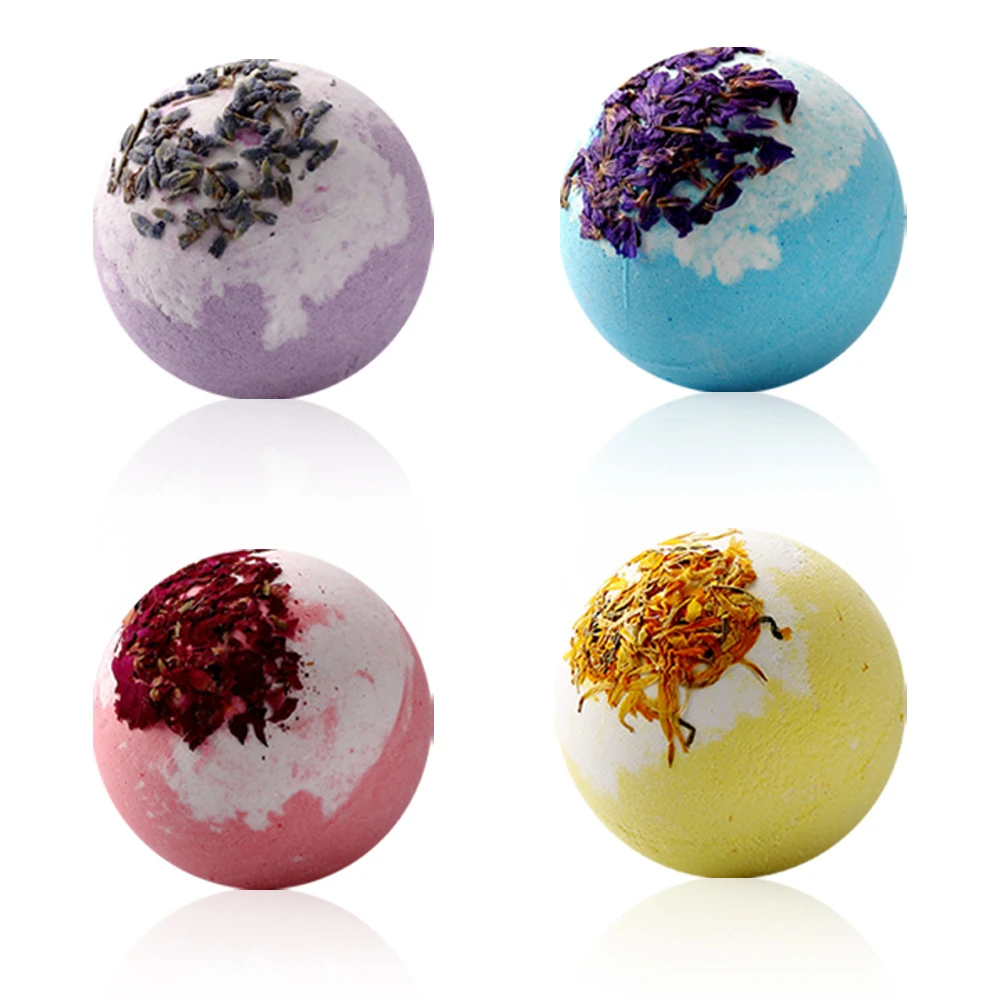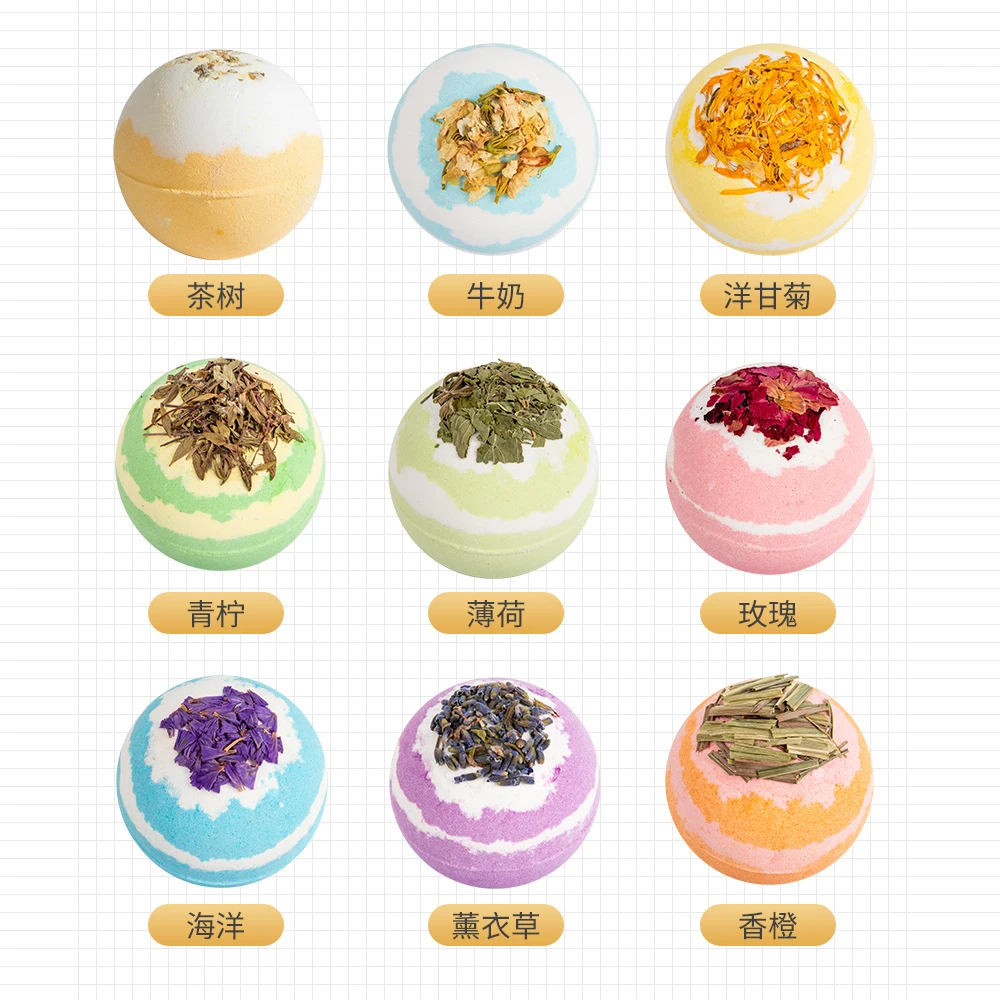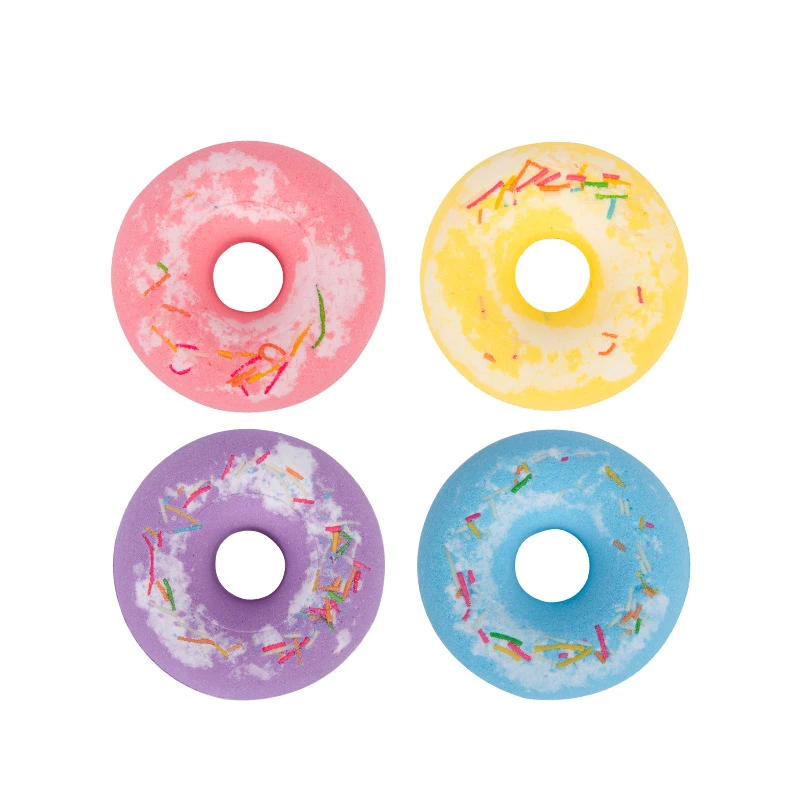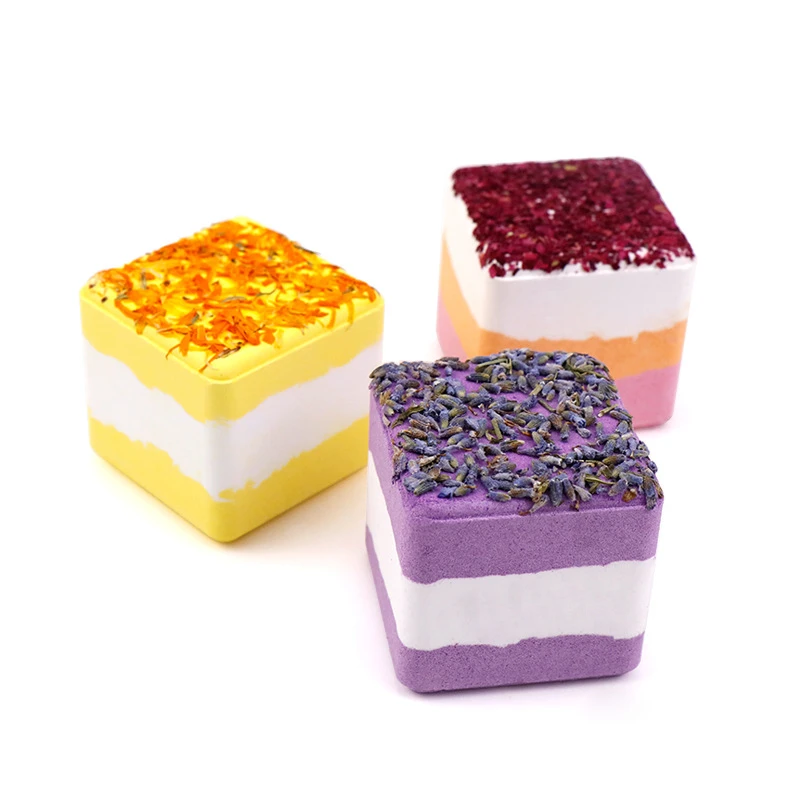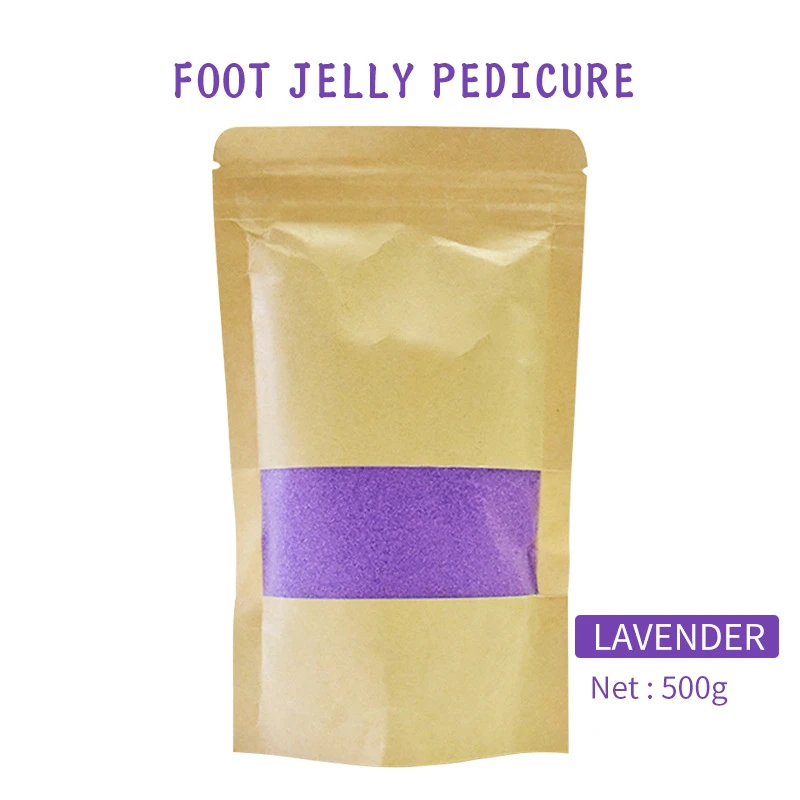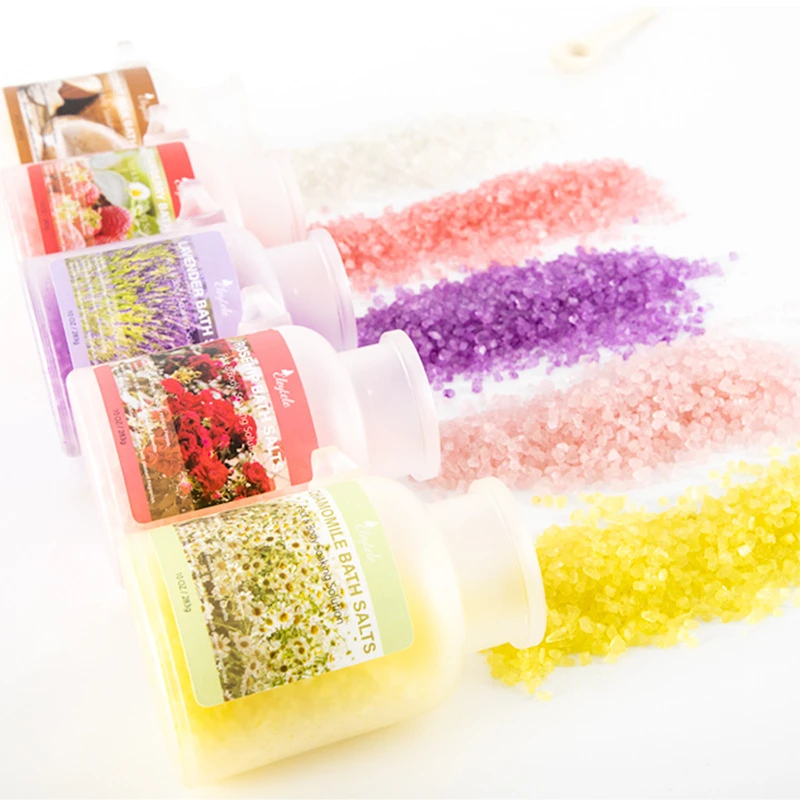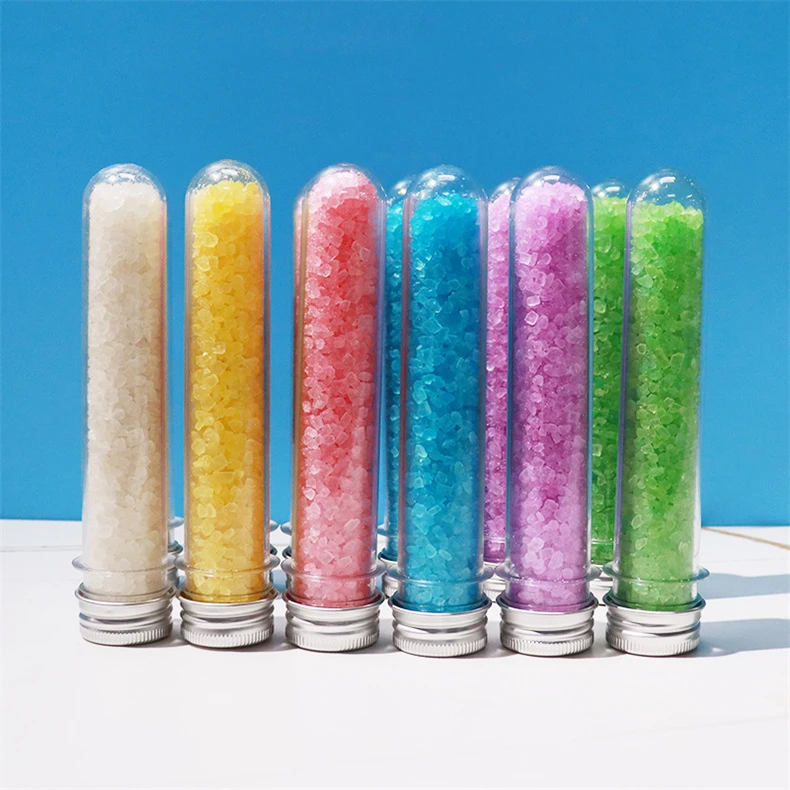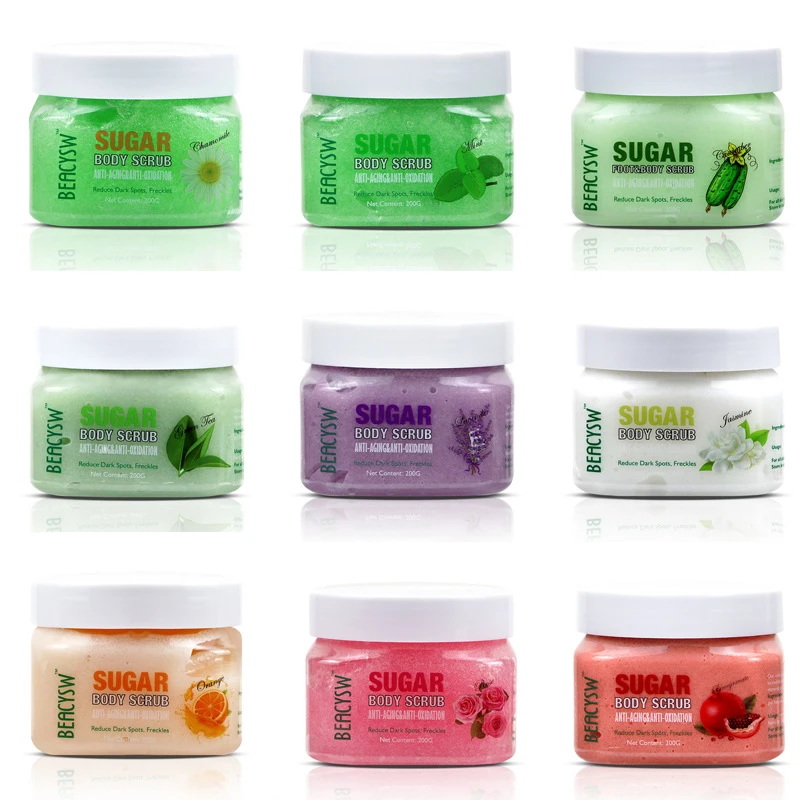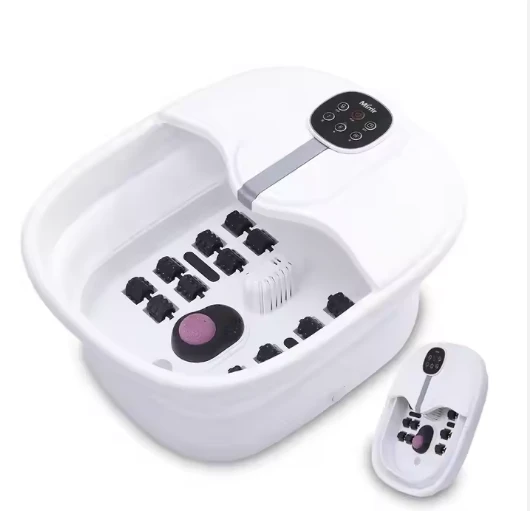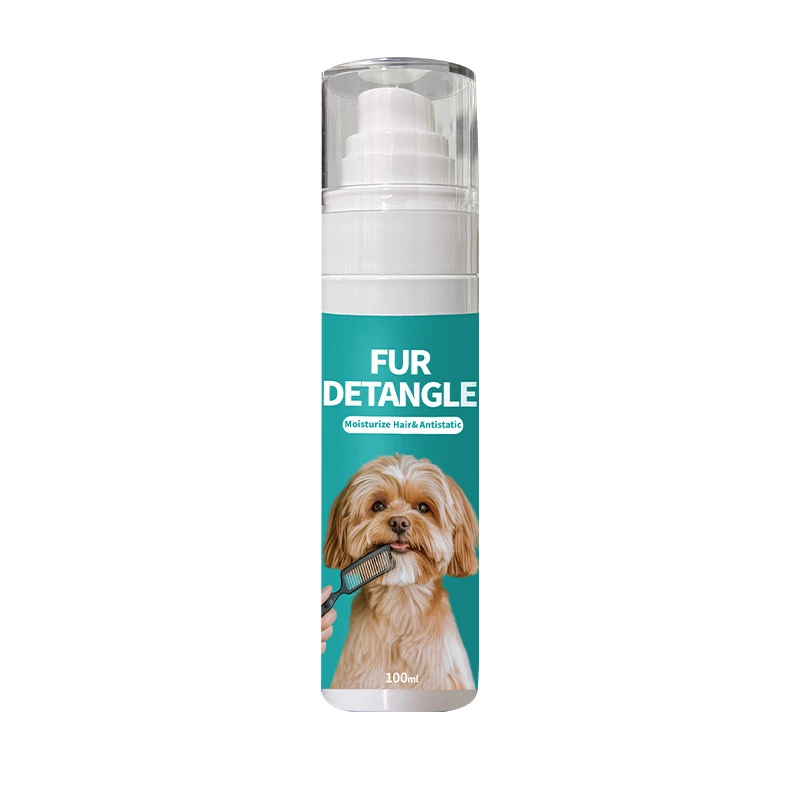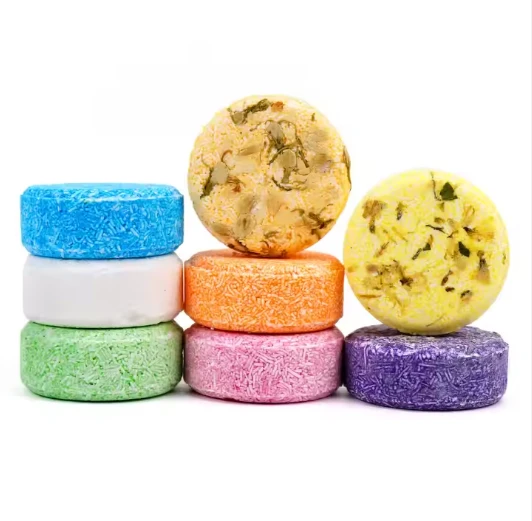Why Shampoo Bar Soap Is Changing Haircare
In recent years, the beauty and personal care industry has seen a powerful shift away from plastic-heavy, chemical-laden products toward minimal, effective, and eco-conscious alternatives. Among the frontrunners of this movement is the shampoo bar soap, a compact, sustainable version of liquid shampoo that is gaining popularity for both its performance and its planet-friendly appeal. As consumers become more mindful of their purchasing habits, products like the rice water shampoo bar, natural shampoo bar, and even homemade shampoo bars have become more than just niche trends—they’re setting new standards for everyday haircare.
Unlike traditional bottled shampoos, these solid alternatives are free from unnecessary preservatives, packaged with minimal waste, and often crafted with botanical ingredients that nourish both scalp and strands. But it’s not just about what they don’t have; it’s also about what they deliver.
Understanding the Appeal of Shampoo Bar Soap
The shampoo bar soap concept blends the familiarity of a bar with the function of a liquid shampoo. What you get is a highly concentrated cleansing agent that lathers richly, rinses clean, and lasts longer than its bottled counterpart. It's compact and ideal for travel, eliminating the need to worry about liquid restrictions or spillage.
But the appeal of shampoo bar soap extends beyond convenience. Many consumers find these bars to be gentler on the scalp, less drying, and free from sulfates or silicones. This makes them suitable for a wide range of hair types—from oily scalps needing clarifying power to curly hair requiring moisture retention. With correct usage and proper storage, shampoo bars offer long-term value, making them not only a sustainable choice but also an economical one.
The Power of Tradition: Rice Water Shampoo Bar
The rice water shampoo bar draws on centuries-old beauty traditions rooted in Asian cultures. Rice water, rich in amino acids, vitamins B and E, and minerals, has been used to strengthen hair, promote growth, and add shine. Today, its benefits are being harnessed in modern formulations that merge ancient knowledge with contemporary cosmetic science.
A well-formulated rice water shampoo bar improves hair elasticity and reduces friction, which in turn helps prevent breakage and split ends. Many users report a noticeable improvement in hair texture and volume after just a few washes. Because rice water is also soothing to the scalp, it can help manage mild irritation and dryness.
This type of shampoo bar often appeals to health-conscious consumers who are looking for natural, non-invasive methods to enhance their haircare routine. It is especially favored by individuals seeking solutions to thinning hair or dullness caused by over-processed treatments.
The Clean Revolution: What Sets a Natural Shampoo Bar Apart
While many products market themselves as "natural," not all are created equal. A true natural shampoo bar avoids synthetic fragrances, artificial dyes, and harsh surfactants. Instead, it relies on naturally derived oils, clays, essential oils, and plant butters to cleanse and condition the hair.
Ingredients like coconut oil, shea butter, jojoba, and tea tree offer antibacterial and moisturizing properties without stripping the hair of its natural oils. Activated charcoal or rhassoul clay may be included for deeper cleansing, while lavender or peppermint oils provide a fresh, therapeutic scent.
The beauty of a natural shampoo bar lies in its simplicity and transparency. These products are ideal for people with sensitive scalps, allergies, or anyone trying to reduce their chemical exposure. Furthermore, the low environmental footprint—from production to disposal—makes them an obvious choice for those committed to a greener lifestyle.
Homemade Shampoo Bars: The Rise of Custom Haircare
With the DIY movement gaining ground in personal care, homemade shampoo bars have emerged as a creative and customizable alternative to store-bought options. These bars can be tailored to address specific hair needs, such as dryness, dandruff, or oiliness, by adjusting the oil base, essential oils, or botanical additives.
Making homemade shampoo bars also allows users to control what goes into the product—no hidden ingredients, no industrial preservatives. Many hobbyists take pride in handcrafting their own bars, often sharing them within communities or small businesses focused on clean beauty.
This grassroots trend supports a larger conversation about self-reliance, transparency, and trust in the beauty supply chain. As awareness grows, so too does the appreciation for artisanal, small-batch shampoo bars that reflect care in every step of the process.
Looking Ahead: Shampoo Bars and the Future of Sustainable Haircare
The evolution of shampoo—from plastic bottles to concentrated shampoo bar soap—mirrors a broader cultural shift toward minimalism and sustainability. As consumers reconsider what goes into their personal care products, they’re increasingly prioritizing efficacy, ingredient integrity, and packaging impact.
For brands and retailers, the demand for natural shampoo bar options and variations like the rice water shampoo bar creates space for innovation and connection. Offering thoughtfully formulated bars meets a growing desire for functional products that don’t compromise ethics or aesthetics.
Whether mass-produced or lovingly made in small batches, shampoo bars represent a future where personal care is both high-performing and deeply responsible. They challenge industry norms, simplify routines, and invite users to be more intentional about what they bring into their homes.
Shampoo bar FAQs
What are the benefits of using shampoo bar soap over liquid shampoo?
Shampoo bar soap offers several benefits, including reduced packaging waste, a higher concentration of active ingredients, and a lower risk of exposure to synthetic preservatives. Many users find that bars last longer than bottled shampoos and work equally well—or better—on a range of hair types. They're also ideal for travel and simplify bathroom storage.
How does a rice water shampoo bar improve hair health?
A rice water shampoo bar is infused with nutrients like amino acids and vitamins that help strengthen hair follicles, improve texture, and reduce breakage. Regular use can enhance shine and elasticity, making it a popular choice for those seeking fuller, healthier-looking hair without synthetic additives.
Why is a natural shampoo bar better for sensitive scalps?
A natural shampoo bar avoids harsh chemicals, sulfates, and artificial fragrances that can irritate the scalp. Instead, it uses plant-based ingredients and essential oils to cleanse gently, making it an excellent option for individuals with sensitive or allergy-prone skin. These bars support scalp balance and minimize inflammation.
Are homemade shampoo bars as effective as store-bought ones?
Yes, homemade shampoo bars can be equally effective when made with high-quality ingredients and a balanced formulation. They allow for customization based on individual needs and often contain fewer synthetic ingredients than commercial options. The effectiveness largely depends on the recipe and ingredient purity.
Where can I find a reliable supply of shampoo bar soap and other eco-friendly haircare options?
Many eco-conscious retailers, artisan brands, and online platforms now offer a curated selection of shampoo bar soap, rice water shampoo bar, and natural shampoo bar products. For those interested in crafting their own, DIY kits and ingredient suppliers are also widely available to support the growing demand for homemade shampoo bars.



